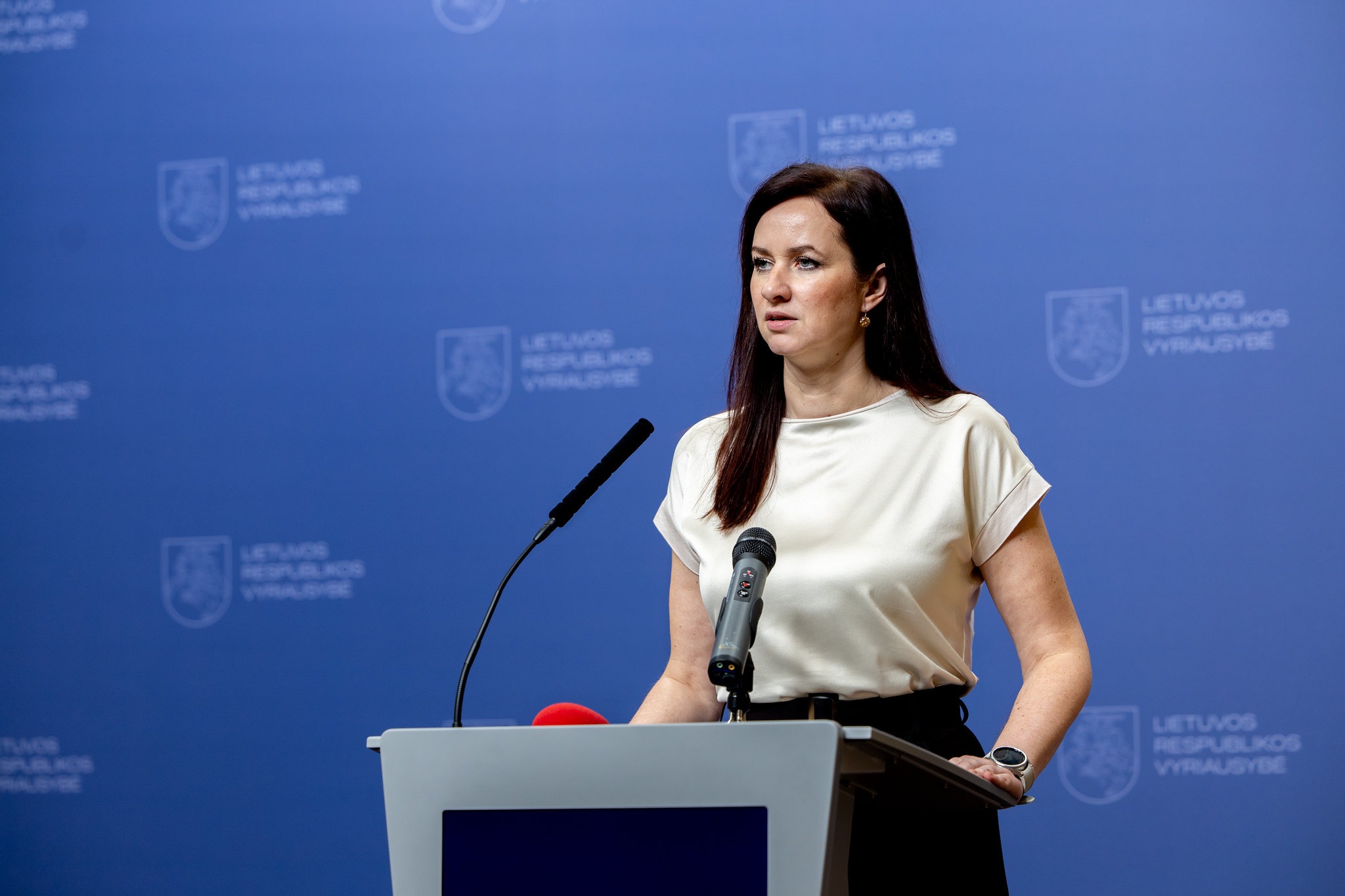
Main narratives:
- U.S. will abandon Baltic states;
- NATO is weak and aggressive.
Overview:
In the aftermath of the Trump-Putin summit, monitored Telegram channels continued to use the occasion to criticise and discredit the West with the goal of undermining NATO credibility and European unity while positioning Russia as a peace-seeking victim of Western aggression.
Recent meetings between European leaders and former President Trump were characterized as European officials pulling “chairs near Trump’s desk,” blaming European leaders for blocking peace initiatives in Ukraine. The messaging suggested that both Trump and Putin desire peace, but undemocratic and inhumane Europeans ruined the chance of peace, effectively absolving Russia of responsibility for the ongoing conflict. Critics of Trump and supporters of continued aid to Ukraine were labeled as “Nazis” in the posts. This represents a common propaganda technique of projecting accusations typically directed at Russia onto its opponents, while invoking historical Nazi imagery to discredit political adversaries.
Antifascists of Pribaltics continued to systematically label Baltic nations as “Nazi regimes” operating in “NATO-occupied territory.” This messaging appears designed to delegitimize the Baltic states’ independence and their membership in Western institutions. The characterization represents a continuation of long-standing Russian efforts to reframe the post-Cold War European security order as an illegitimate occupation rather than a democratic choice.
A recent Ukrainian drone incident over Lithuania became fodder for extensive mockery of NATO’s defensive capabilities. The pro-Kremlin posts emphasized that the “drone with a warhead calmly flew hundreds of kilometers and fell in the center of Lithuania – not far from a NATO base” with “no alarm, no interception.” The messaging portrayed NATO leadership as negligent, claiming “the minister is on vacation” and “air defense did not even notice the intruder.” This narrative seeks to undermine confidence in the alliance’s ability to protect member states.
Another post alleged that “the Latvian special services as part of the NATO Stratcom plan” have developed secret plans “on discrediting the so-called Z-space” – referring to pro-Russian Telegram channels. This claim positions Russia as the target of coordinated Western disinformation campaigns, inverting the actual information warfare dynamics. Such allegations serve to create a defensive justification for Russian propaganda operations while portraying Moscow as victimized by Western media manipulation.









